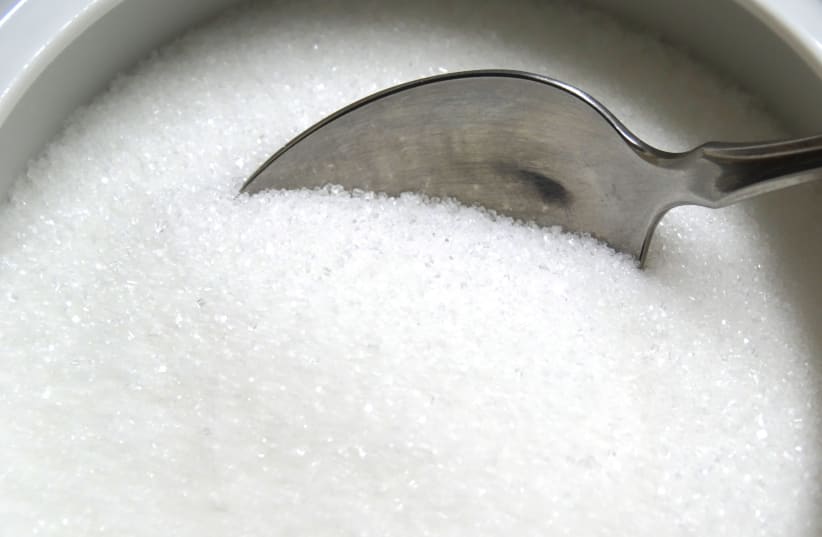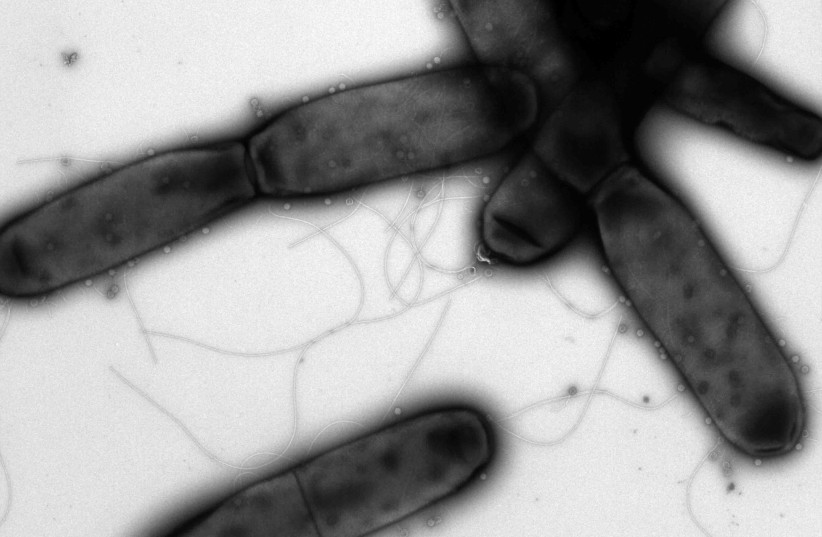New research has found that FDA-approved artificial sweeteners can cause previously healthy gut bacteria to become diseased, leading to discomfort and digestive issues, according to Ben-Gurion University scientists.
The researchers, who published their findings last month in the International Journal of Molecular Sciences, looked at six commonly used artificial sweeteners. While none of them actively kill off the bacteria, three of the six significantly impair communication.
To test the sweeteners, scientists used sports supplements. They examined aspartame, saccharin, sucralose, acesulfame potassium (Ace-K), advantame, and neotame. Three – aspartame, sucralose, and saccharin – were found to significantly inhibit bacterial communication. At least one of the three were found in all the sports supplements they tested.
“The fact that bacteria use quorum sensing to communicate with each other revolutionizes our understanding and enables us to provide clearer answers," said lead researcher Dr. Karina Goldberg. "Artificial sweeteners disrupt that communication, which indicates that artificial sweeteners may be problematic in the long run."
Researcher Ariel Kushmaro noted that there is little accurate labeling of artificial sweeteners on products, which makes it difficult to know how much each product contains.
“Our research should push the food industry to reevaluate their use of artificial sweeteners,” Kushmaro said.

